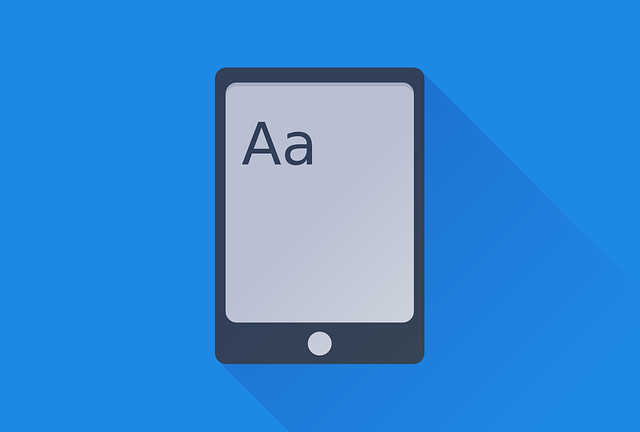
Are Digital Books Better?

Will the advertising of the digital book ever beat out the physical version? Will we live in a world where real life bookstores like Barnes & Noble on Sunset Point do not exist? Will all books exist only online and people will only read through devices?
I mean...I hope not. Real books have a magic, and a scent, and a texture which no matter how technological we get, we can never replicate (barring digitally/chemically simulated sensations). Wandering a library, like the Clearwater Library, will always be a unique and nigh-mystical experience for those of us literary inclined.
But, the advertising of the digital book has a lot of bullets to its gun. And, as I finished one such book on my phone a few hours before I wrote this (using iBooks, which is my reference point), I figured it was time to address all the things the digital book has as a perk.
Also, though I am talking about books here, keep in mind a lot of these concepts are not exactly inapplicable (if logically altered to fit) to most products to make them more appealing.
Now, the first of the benefits of the digital book is that it saves your place. It remembers where you are in the book. This makes it remarkably easy to pick up the book at any old time, even if you only have a few minutes, and plunge right back into the story.
The next part, which I don’t feel the advertising for digital book hits as hard on as it should: is the matter of there being a dictionary. If you don’t know what some word means, or even what something looks like (which I’ll admit happens to me a lot when someone describes clothing in a book) you can search right on your phone—like you might for any passing curiosity.
You also get benefits like how lightweight the device is, how you can scroll down—and don’t have to take the time to flip pages—and how having it on your phone, as I mentioned before, makes it so it is always with you anyway, as most people carry their phone on them regardless of their reading habits.
But the part which appealed to me, and made me have a little crisis, was when I realized digital books (despite the advertising again not focusing on it as hard as they could) is that you can shift around the word’s size and even color. White on black, for instance. And this made me read faster. I was chewing through one hundred pages in a day. And I mean real pages, not the shortened ones.
The advertising for the digital book would be right, and it would be smart, if it pointed out how much more efficient it is than a physical book. And though I harbor no intention to stop filling up my personal physical library, I get how someone could prefer the alternative.
And if it makes it possible for publishers to advertise that more people read again—because it really is super easy when you have it on your phone, and sometimes cheaper—then that is nothing but positive for the world.
Reading is good for people. It is good for the brain. I’m advertising that, and so is the new-ish technology. And that is something worth writing about. Even if it makes me somewhat uncomfortable.
Because stories need to continue to live. For the sake of everyone.
---
If you liked this article, you can read more of Brandon Scott’s work over at The Hive, or on his website: www.coolerbs.com
